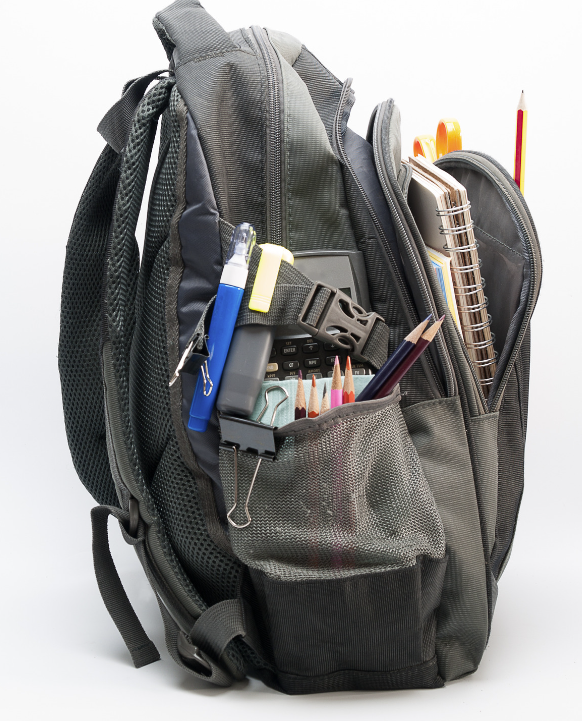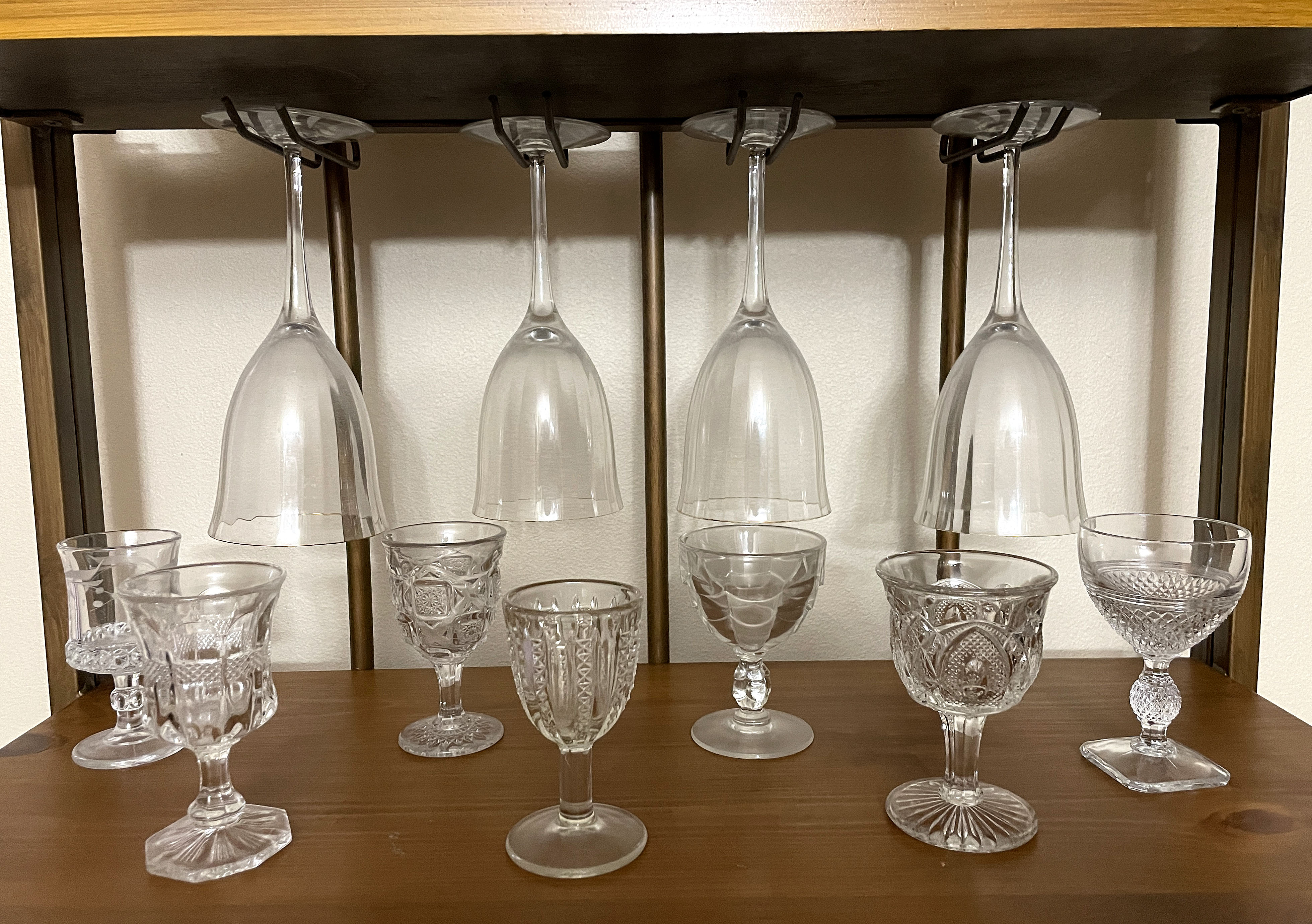In the fall of 1988, I started my teacher training at Seattle University. Armed with a newly printed Bachelor of Science in Biology from the University of Alaska, I enthusiastically set off to change the world – one sophomore at a time. Every morning I drove my 1984 Dodge Ram pickup in rush hour traffic from my home in North Bend to Capitol Hill. My pickup wasn’t really a commuter vehicle, but I loved that beast (standard stock for Alaska because it had a 225 slant 6 that would start at 40 below without fail). Daily, I was subjected to derision as I spanned the width from line to line in my lane. It was a manual which was my preference in general but especially on the perpetually snowy roads of the North Star Borough in winter. Unfortunately, Seattle is a hilly city. In Fairbanks, no one would ever put a stop sign or stop light on the top of a hill. Not so in Seattle. It was a hair-raising experience to ease the clutch out and hold the gas steady as the light turned green – a shiny two door coupe hugging my bumper, sharp-dressed man at the wheel. Needless to say, I am not a city girl by nature. I don’t like the crowds, the concrete, the pace or the traffic. But I knew I could do a year. Because at the end of that year, I would be standing in front of a sea of wide-eyed teenagers aching to learn about cells and molecules and the First Law of Thermodynamics. They would be dazzled by my use of words like entropy and ecosystem and electromagnetism. They would be spell-bound as I explained mitosis and reproduction and covalent bonding. Finally! I could see the finish line- the career I had been working toward since I babysat the twins across the street and taught them the alphabet.
After the first quarter, Seattle U required us to do a series of internships. Wisely, every student had to spend time in a city school, in a private school, in a country or suburban school, in a big school and a small one before student teaching began. We were expected to teach a lesson in each setting. I was anxious to be a teacher and looked forward to actually teaching a class. My first stop was Cleveland High School in Seattle. At the time, it was the smallest of the city high schools. But I was not intimidated. They were teenagers after all. This was my calling. I had been volunteering at Lathrop High School in the bustling metropolis of Fairbanks for months before coming to Seattle. I got kids. They liked me. So, I watched the mentor teacher. She was skillful. Students did what they were supposed to do with little effort, it seemed, from the teacher. Of course, in my naivete, I failed to recognize that it was January. I wasn’t there for the trials and tribulations of September. At any rate, the day finally came when I was to teach. I planned for a lesson on protozoans which I would skillfully introduce through Beaver Fever and other disgusting water-borne illnesses. Because teenagers are fascinated with that stuff, right? I walked confidently to the front of the room after the teacher gave a brief introduction which I think included some veiled threats should they forget their manners. I started my lesson regaling them with a story about a friend who went camping and ill-advisedly drank river water. As a result, she contracted Giardiasis (Beaver Fever). I thought it was brilliant and I paused theatrically for they surely would have pertinent questions or comments to share. One young man in the back of the room raised his hand. I called on him and he stood. I remember he was wearing striped suit pants and a button-down shirt. I asked him if he had a question and he replied, “Ya, I do. Does it look like I go camping lady?” He wasn’t really disrespectful or aggressive about it. He was clearly annoyed that I knew so little about him. All I could say was, “No, it really doesn’t.” I recovered somewhat when I turned the conversation to dirty drinking water in third world countries and sewers. I was so relieved when the lesson was over and even more so when I remembered that it was my last day at Cleveland High School. As embarrassed as I was at my complete failure to read the audience, I was also grateful. As I drove my 1984 Dodge Ram, half ton, four-wheel drive, pick-up truck east on I90, I realized I just couldn’t relate to kid’s experience growing up in the city. And that was the key to good teaching- relating new learning to what student already know so that they can make connections that forge deep pathways lasting long into the future and spurring the creation of new knowledge. I knew a lot about microbiology, meteorology, geology, mammalogy, ichthyology, and mycology long before I ever set foot in a college classroom or even a high school classroom because I went hiking, fishing and camping as a kid. I tromped around the woods. I knew with certainty on that long drive home that I was going about this all wrong. I wanted to be a teacher so bad that I was trying to fit myself into the situation instead of finding the situation that fit me. Fortunately, Seattle U gave me four more chances before I finally settled into student teaching at Mt. Si High School. When it was time for me to look for a job, I was selective. I knew from student teaching that being a new teacher was hard work. But it would be much easier and more rewarding if I found a place that fit me. And so, I did.
I think too often we try to fit ourselves into the life we think we are supposed to have or the life we think we are supposed to want. The truth is that we first need to figure out who we are and what we need in a life. Then we can find the job, town, family, life that fits us. Actually, we deserve that. I am not saying we should insulate ourselves. I am not saying we shouldn’t challenge ourselves to try new things or meet new people. I am saying that becoming an engineer, because you heard it paid well, the job market is growing, and your dad wants you to be an engineer, could make for a pretty miserable life. Especially if it turns out you hate math. Selling luxury real estate might be a miserable job if you are naturally introverted. Living on a farm, hundreds of miles from the nearest city, might be unpleasant if you really love the theater and symphony and hate waking up at dawn rain or shine to feed the animals. Take the time to find out what you need. Life is too short. Far too many people drive to a job they hate every day. I never have- honestly. And for that, I am so thankful to the young man who helped me to see the error of my ways 30 years ago.
I selected the photograph below for this post because I think it illustrates my point. The Great Blue Heron was designed for this environment from the length of his legs to the sharp point of his bill. Certainly, the mud-covered tide flats strewn with barnacled pilings would not be an ideal habitat for many of us. And yet, I think he is completely at home and there is a beauty in that which is undeniable.

Great Blue Heron on the Hunt
(1/320 sec., f/6.3, 3200 ISO, 600 mm)






Leave a Reply